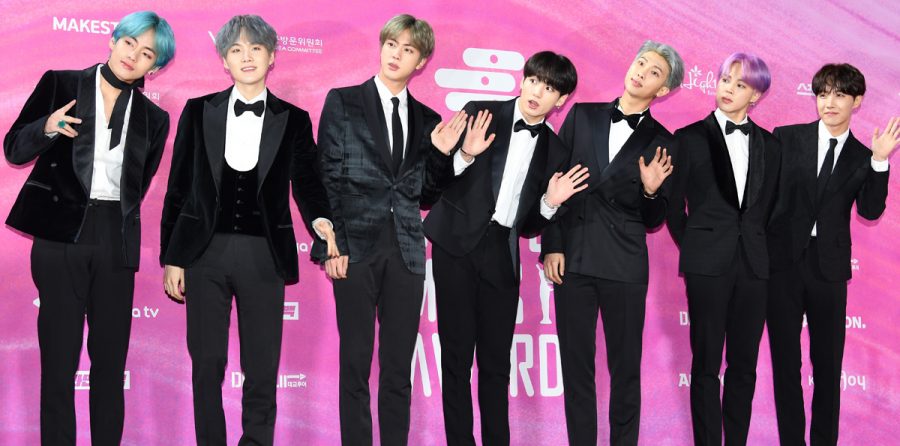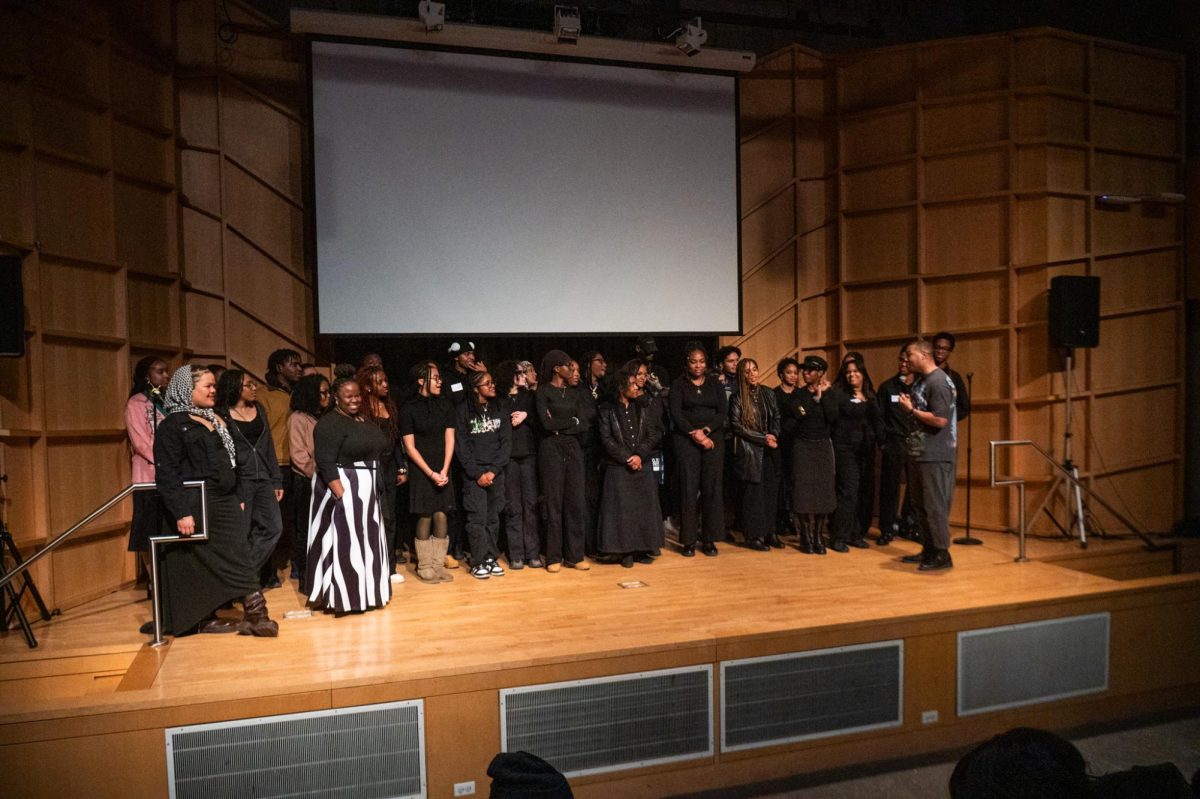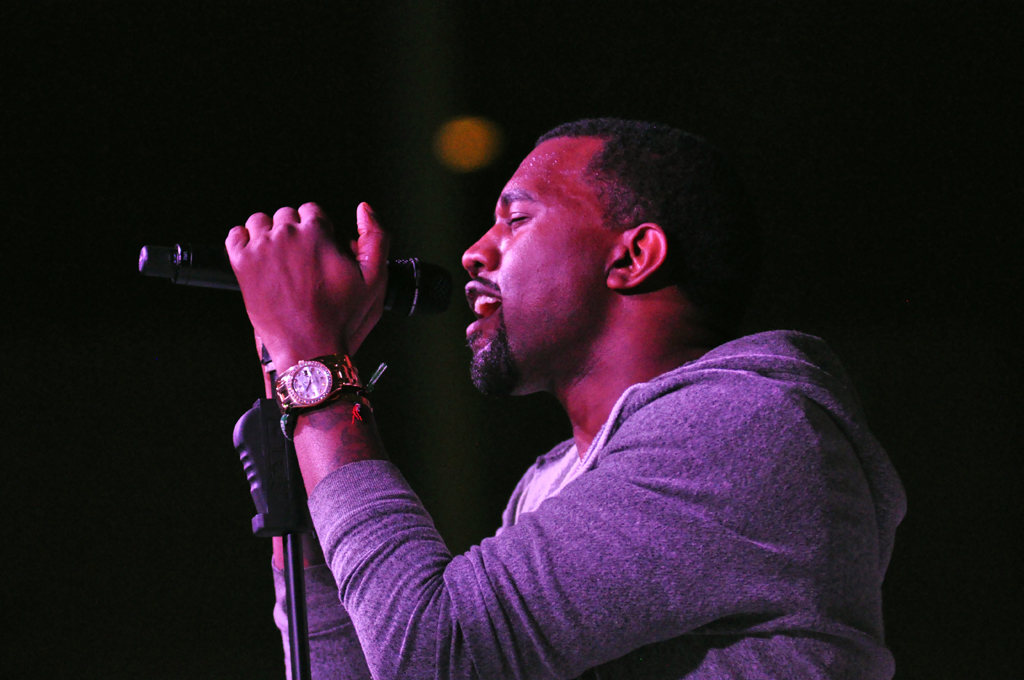This month, the International Federation of the Phonographic Industry released its annual “Global Music Report,” taking a peek at the state of the music industry.
Europe and the United States have long reigned over the music charts, with artists from these regions conquering the slots from top to bottom.
That is all changing.
For the fourth consecutive year, the report has found that Latin America boasts the largest regional growth.
Latin American artist, Camila Cabello, is the No. 1 chart topper for the Top 10 Global Digital Singles of 2018.
Her single “Havana” sold 19 million units worldwide that year.
Holding the sixth spot on that same list is the Puerto Rican singer Luis Fonsi with his hit song “Despacito.”
The track, featuring fellow Puerto Rican artist Daddy Yankee, sold just under 12 million units worldwide.
The globalization of the music industry, though, comes as no surprise. Stu Bondell, Sony Music Entertainment’s vice president of international business and legal affairs, attributes the circulation of music worldwide to streaming.
Growth in overall streaming revenues went up by 34 percent, according to the report.
The IFPI states that streaming services, such as Apple Music and Spotify, currently create approximately half of the market for music sales.
This change brought about by streaming services is thinning out the borders for exclusion and instead allowing more access and cultural openness.
The Asian market has now become the second-largest area for consuming both digital and physical music.
The popular South Korean boy band, BTS, is known for vocalizing in its native tongue of Korean and even Japanese. BTS just managed to sell out tickets for its two-day concert in London’s Wembley Stadium.
It also claimed the second and third spot on the Global Top 10 Albums chart for 2018 with their albums Love Yourself: Answer and Love Yourself: Tear, which sold 2.7 million and 2.3 million units, respectively.
All of this is proving that the band has managed to conquer the attention of Western listeners.
Frances Moore, the chief executive of the IFPI, mentioned in the report just how popular global music is becoming, with North Africa and the Middle East now hooking the attention of music listeners.
The French pop singer Aya Nakamura from Mali can be seen as another game-changer.
By catering to the demographics of the African and Caribbean communities living around her in France, as well as by being herself, her French rap style resonated with its audience.
Her 2019 single, “Djadja,” has 315 million video streams and 190 million audio streams across the globe.
International pop music is now becoming the new mainstream. Artists and record companies are honing in on the ever-changing market to pinpoint what they can do to adapt and boost sales.
Working in tandem and pleasing their global fandom is fostering an age of cultural understanding in music.
Fans are becoming increasingly open to different styles of music thanks to the age of digital media.
Besides streaming services including a wide array of genres in the palm of a listener’s hand, the artists themselves are bringing more of their distinct cultural identities to the pieces they create.
“We have the creative expertise, global impact and cultural influence to make sure our artists aren’t just heard, but that fans all over the world genuinely engage, react and care,” said Max Lousada, the CEO of Recorded Music for Warner Music Group, in the report.
Whether it is fusing Latin American soundscapes into the tune, bringing a specific dialect to the song or naming it after a famous foreign capital, today’s musical artists are sharing more of their true selves to fans through the medium of their music.
Fans often love to feel connected to the musicians they follow, and this is a major point recognized by artists and their record labels to generate relationships between the fans and the music.
Slowly but somewhat surely, the era of Western command over the music industry is coming to a close. The music landscape is catering to the needs of those who are tuning in and the fans want more globally inclusive music.








